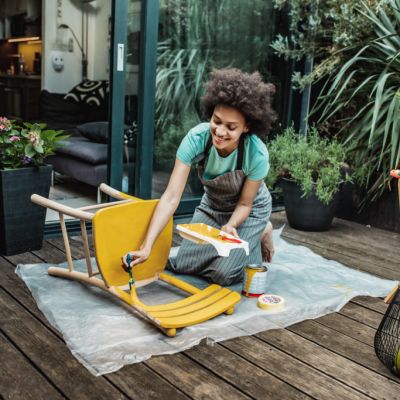Basic tradie skills every home owner should learn
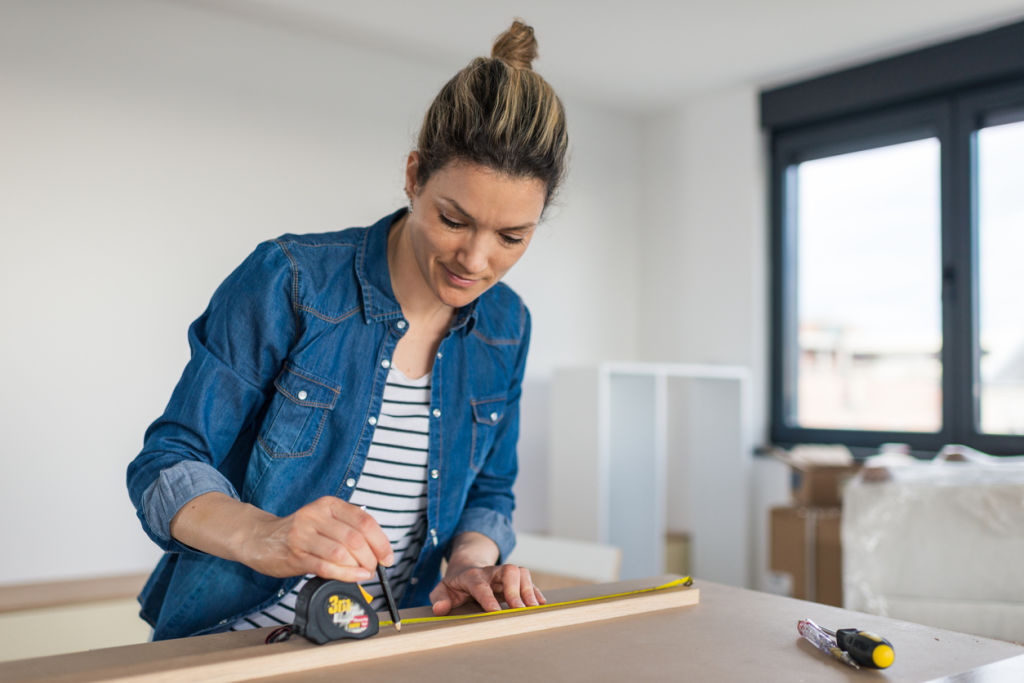
In this period of economic hardship, there is more reason than ever for home owners to learn basic tradesperson skills.
You also can’t put a price on a new knack learned and the satisfaction of a DIY job well done. Learning such skills can be daunting for first-time property buyers who have always turned to landlords for help with house problems and projects.
However, a wealth of tradie resources is available online, and these resources are a big reason why home owners increasingly have the confidence to take on tradie tasks, says Bunnings Workshop DIY expert Mitch Mclean.
He says cost savings and the satisfaction of completing tasks independently are another major attraction.
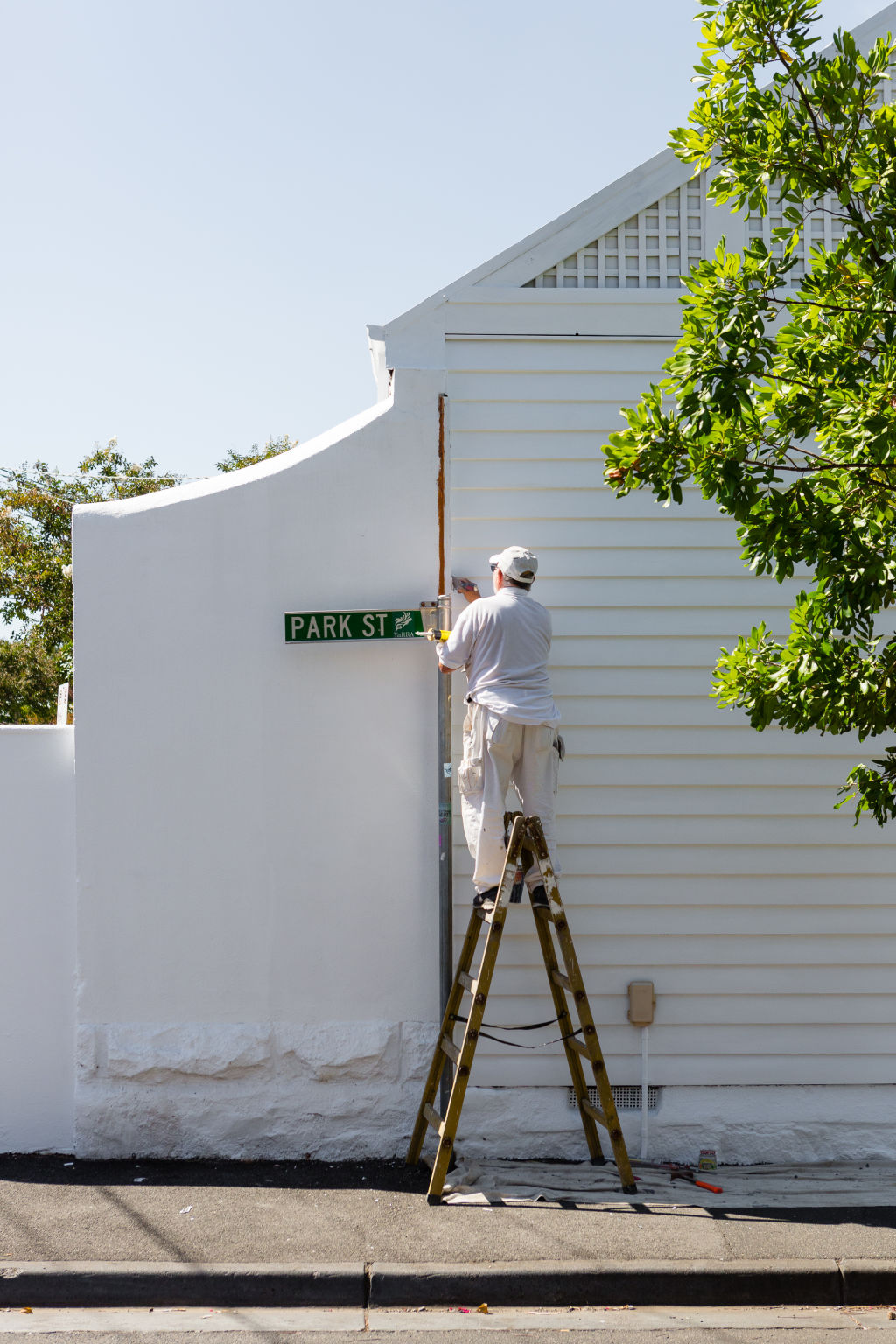
“Developing basic skills to handle tasks like changing a shower head, hanging shelves or painting a wall can be incredibly beneficial,” Mclean says.
“These skills help you tackle routine maintenance and ensure your home remains in good condition, [helping] to maintain both the functionality and appearance of your home.”
Here are some of the simpler skills you can (and should) master easily, to have your home looking fresh in less time than it takes to book a professional to do it for you.
Using a drill
Why this skill is useful: You’ll need a drill for plenty of jobs around the home, including things like hanging pictures and curtain rods, assembling and fixing furniture, and deck and shelving installations.
What to know: Be sure to check the wall and floor materials throughout your house first – you don’t want to be drilling into electrical wires or pipes. Drill drivers are great for softwood, hardwood, metal and plastic surfaces, and wet areas. For brick, masonry and concrete areas, you’ll need a hammer drill.
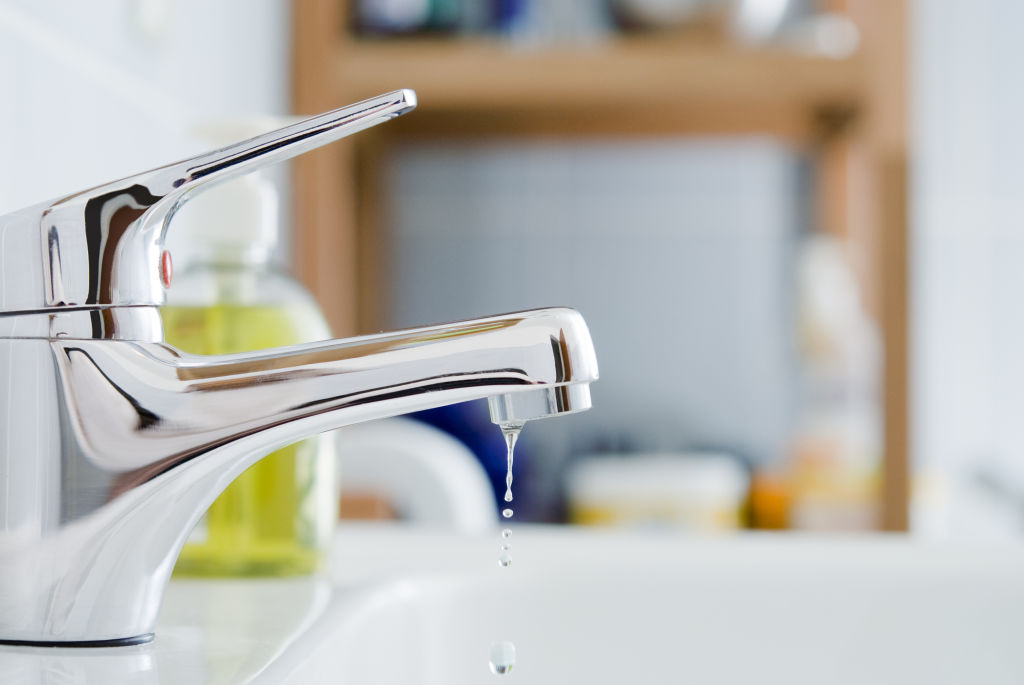
Replacing tap fixings
Why this skill is useful: A dripping tap or one with inaccurate pressure can waste water and money, and be very annoying.
What you’ll need: An adjustable spanner, multigrip pliers and a screwdriver. Specific tap spanners and tap repair kits are also readily available.
What to know: Always turn off your home’s main water supply before replacing taps or washers.
Hanging pictures on plasterboard
What you’ll need: A drill, screws, stud finder, pencil, spirit level, and at least one helper.
What to know: Plasterboard is a notoriously soft, thin material and will crack and crumble under the weight of heavy items. Any item weighing 20 kilograms or more should be hung directly onto a stud. If there are no nearby studs, use claw picture hangers, spiral fixing or rotor plugs, spring toggles, or hollow wall anchors.
Don’t drill holes into walls until you’ve marked where the item should go. Otherwise, you’ll need to master another tradie skill – plastering and patching walls.
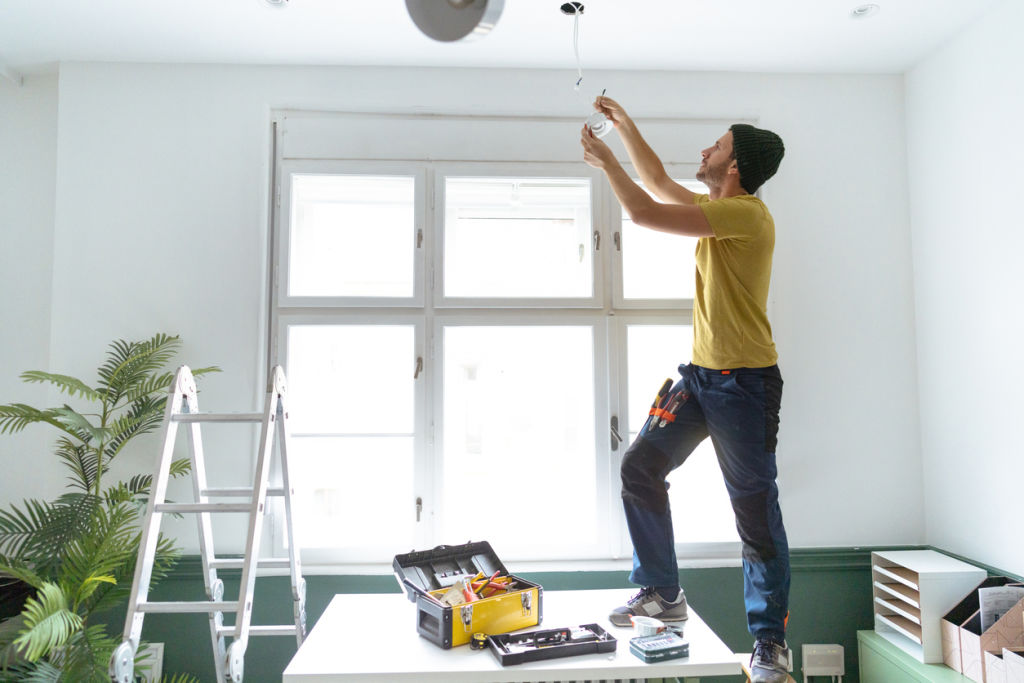
Can I do DIY electrical and plumbing projects?
While it may be tempting to tackle all sorts of jobs with your newfound skills, there are some renovating jobs that should be left to the professionals.
Mclean advises home owners not to attempt structural repairs or electrical and plumbing work.
“These tasks require specialised licences and adherence to safety standards and building codes, so it is important to always seek out an experienced tradesperson,” he says.
Master Plumbers’ Association of Queensland deputy chief executive Ernie Kretschmer says home owners doing their own work could also face insurance difficulties.
“Insurance companies may not cover the property for damages caused by illegal plumbing work,” Kretschmer says. “Home owners performing regulated plumbing or drainage works could void their insurance.”
The same applies for any electrical projects – unlicensed electrical work may void insurance or incur a fine.
There are only a few electrical DIY jobs you can legally do, such as replacing light bulbs and smoke alarm batteries, cleaning air-conditioner filters, and installing low-voltage garden lights and Christmas lights.
We thought you might like
States
Capital Cities
Capital Cities - Rentals
Popular Areas
Allhomes
More


